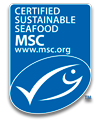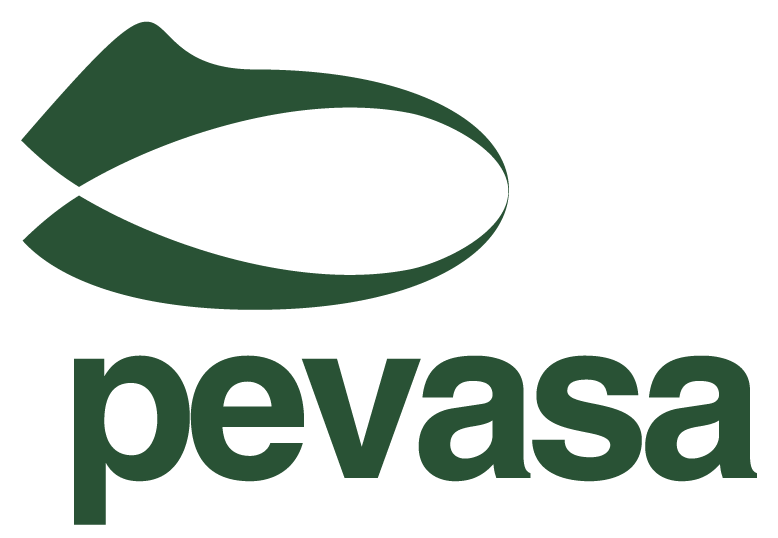Marine Stewardship Council (MSC) announces that PEVASA, after almost a year of a joint process within the National Association of Freezer Tuna Vessel Owners (ANABAC), has obtained MSC certification for its skipjack tuna (Katsuwonus pelamis) and yellowfin tuna (Thunnus Albacares) fished free school and associated FADs in the Atlantic Ocean, in areas FAO 34 and FAO 47.
The process has followed all the steps of any full assessment under the strict MSC fisheries standard, including the peer review, the field visit, the stakeholder submission process and the various interim reports published on the MSC website.
Yellowfin and skipjack tuna are caught by the vessels Playa de Noja, Playa de Bakio, Playa de Laga and Playa de Laida, and certification has been achieved for both free school and floating object fishing. The certified tuna will be able to carry the MSC blue seal after having demonstrated the sustainability of the fishery by successfully passing the most demanding fishing audit process with respect to the MSC standard.
The implementation of a Code of Good Practice audited by AZTI, an international scientific reference in the fishing sector, which includes 100% observer coverage, the use of non-entangling FADs and the safe handling and appropriate release of cetaceans, turtles, rays and sharks, stands out in order to achieve MSC certification.
In addition, it includes the policy of non-mandatory retention of shark species using best practices for safe release; training for fishing captains, crew and scientific observers on the topics covered in the Code of Best Practices, and specifically on safe release practices for Protected Endangered or Threatened species (PES); as well as the establishment of a mechanism to monitor the number of FADs, audited by AZTI, with information on the number of active and acquired instrumental buoys for each vessel. This information is sent to the competent authorities of each flag State, who inform ICCAT accordingly.
The MSC Fisheries Standard, widely recognised as the world’s most rigorous and credible sustainability assessment process for extractive fisheries, is based on three fundamental principles: healthy fish stocks; minimisation of the impact on the marine environment as a whole; and an effective fisheries management system. PEVASA’s certification has been carried out by the independent certifier Bureau Veritas for the three principles mentioned above.


